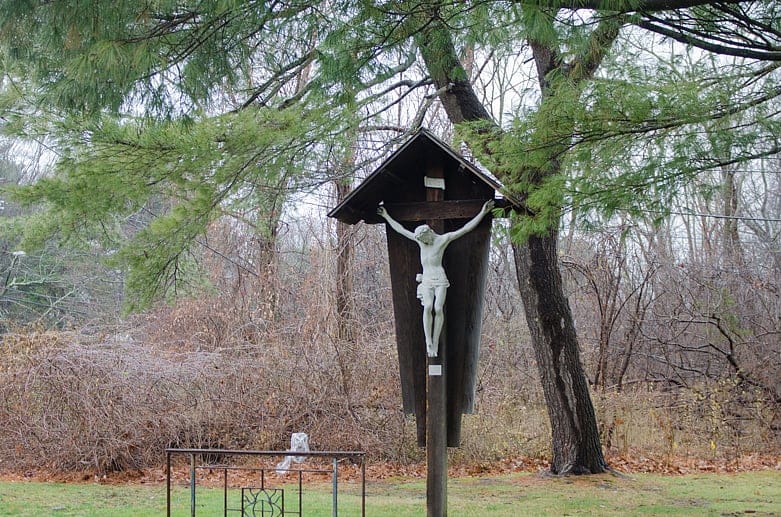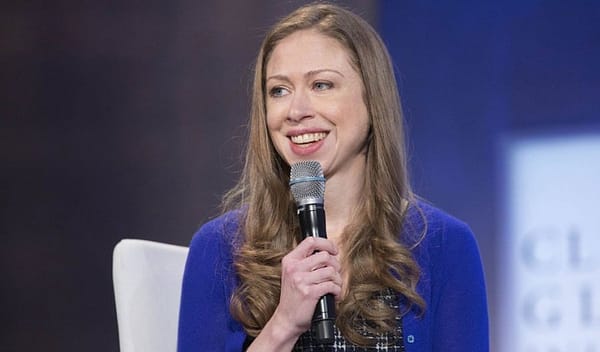Fontbonne and the First Amendment

The First Amendment protects those with whom we disagree. Most people have no problem allowing speech with which they agree. But ask them if they are comfortable allowing the Nazis to parade through Skokie, Illinois, or an opponent of the Vietnam War wear a jacket with "F*ck the Draft" printed on it in a courthouse, or letting Ann Coulter speak at University of California at Berkeley, and you likely find many who think such speech should not be allowed.
Legally, however, the First Amendment protects a speaker's right to present his or her views in a public forum regardless of the merits of the content. The genius of the First Amendment is the recognition that limitations on speech are impermissible not because all speech is inherently good, but because we don't want the government to decide which speech is worthy of protection.

